New TPD advertising restrictions a killer for small business!
Feb 9, 2017
New advertising restrictions
CAP and the BCAP released their long awaited (delayed) consultation responses last week and whilst it confirms the consensus within the industry, the non-committal language used within the entirety of the document leaves the industry scratching its head on its long-term advertising strategy.
Ultimately, the legislation is yet to be tried and tested in a real case and we will have to wait for an unlucky company to go through the initial process and set a precedent.
I have tried to list all of the main points within the consultation responses and process them into layman’s terms.
What product does this apply to?
The legislation applies to any device that CAN be filled with nicotine and of course, nicotine containing products.
This would include, tanks, drippers, RDTAs etc
Trade advertising
Completely legal and unrestricted in the way you promote your product, however, the magazine, email, publication or any other form of advertising must be directly targeted at trade customers.
If the advertising is easily accessible by the general public, this would not be considered direct trade advertising.
Information service advertising
Information service advertising covers everything from email, text, social media, PPC and paid reviews to name a few.
All of the above forms of communication are outlawed under CAPS interpretation, although there is guidance on what may be acceptable forms of communication via social media and email marketing. It has to be said, this area is extremely grey and no definitive answer has been provided (they are favoring the “no” side in my opinion)
Guidance on how to reduce your risk when advertising with the communication channels above are:
- Consumers that receive such a message have specifically opted in to receive the information it contains.
- More specific and explicit consent is likely to attract a lower risk
- Marketing lists are properly maintained in line with best database practice and to reflect recipient’s preferences about the information they do and do not wish to receive
- Recipients are given the option to opt-out with every communication
- The information contained in the communications is factual and non-promotional in nature.
- Facebook / social media accounts must only be visible to users that specifically request your content. This would mean removing the ability for posts to be shared, and visibility removed unless ‘liked’ – All content must be factual and non-promotional
Advertising on your Ecommerce website is outlawed, however, factual statements are allowed.
In-store advertising / non information service
There is currently no legislation surrounding the marketing of products in physical stores.
This also includes advertising in cinemas, street billboards, direct mail and leafleting.
Discounts and promotions
The use of discounts or bundle promotions (3 For X, BOGOF, general discount codes) are outlawed on information services.
It is acceptable to display the price of a product in a non-promotional way; this would include offering a bulk package (such as 3x 10ml bottles) although the way the price is display must not be promotional.
Loyalty points are acceptable, however, they can not be promoted nor can they be used to offer promotions.
Product descriptions
Factual descriptions of a product’s flavour is acceptable, an example of what may be considered non-promotional can be found below.
“A sharp sour apple, or; a soft sweet apple” - would be considered factual.
“A crisp, delicate apple, seasoned with a slight hint of sour tones makes this e-liquid to die for” – would be considered promotional and outlawed.
Describing the E-liquid / hardware properties would not be considered promotional, for example:
- The PG/VG ratio
- Nicotine strength
- Bottle size
- Production standards adhered to (UKAS, ISO etc)
- Vapour production
- Filling mechanism
- Constriction material
- Ease of use
- Tightness of airflow
Inclusion of significant imagery to the extent that it is entirely unrelated to the product will be considered promotion. This point will be very much down to ASA’s personal interpretation.
Advertising No-Nicotine products
Advertising 0mg products when a nicotine containing product exists with the same brand will be outlawed, this also includes an overall retail brand that may indirectly promote nicotine containing products.
For example, an Ecommerce store advertising a 0mg product while stocking nicotine containing products would be considered to indirectly promote nicotine containing products.
If you have any questions or concerns about the new advertising restrictions, please do get in contact for free advice.
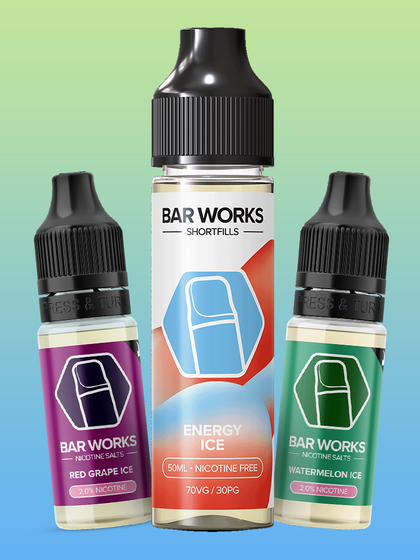
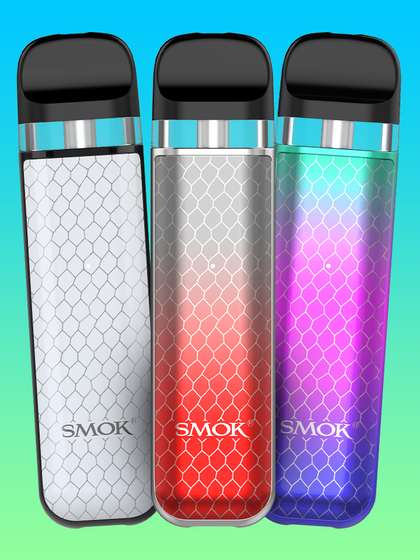
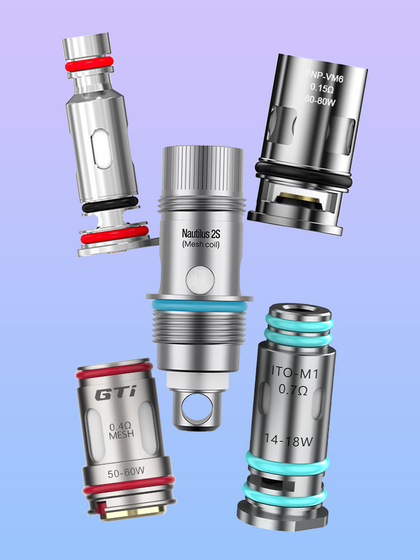
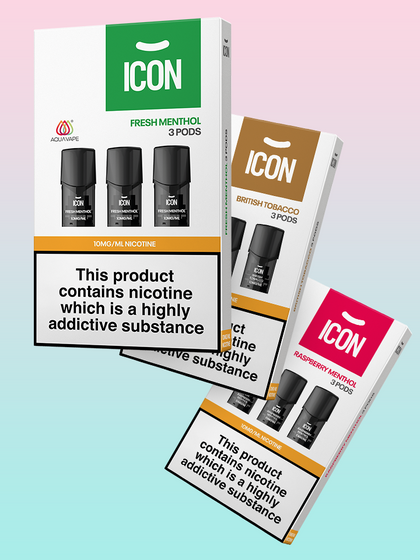
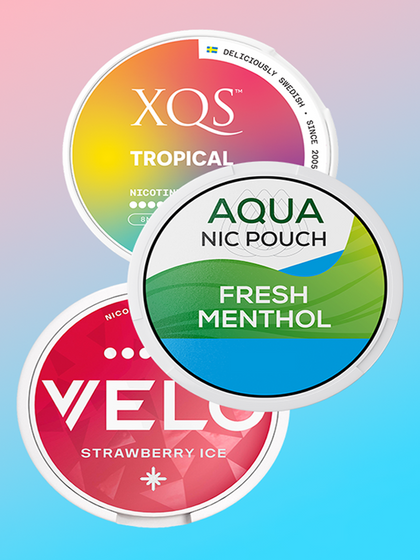
Leave a comment